Turtle Moon
 Turtle Moon by Alice Hoffman (1992). This is the story of a divorced woman, her disillusioned teenage son, and the events that change their lives in ways both simple and extraordinary. When Keith Rosen runs away from his Florida home - inexplicably taking along a motherless baby - his mother is perplexed and terrified. She takes off on her own journey to find him.
Turtle Moon by Alice Hoffman (1992). This is the story of a divorced woman, her disillusioned teenage son, and the events that change their lives in ways both simple and extraordinary. When Keith Rosen runs away from his Florida home - inexplicably taking along a motherless baby - his mother is perplexed and terrified. She takes off on her own journey to find him.
 U.S.A. trilogy
U.S.A. trilogy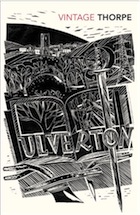
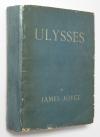
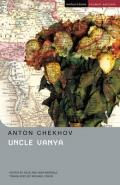 Uncle Vanya
Uncle Vanya Under the Volcano
Under the Volcano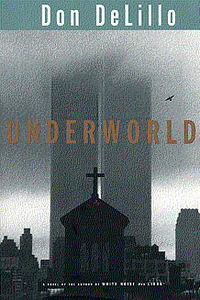
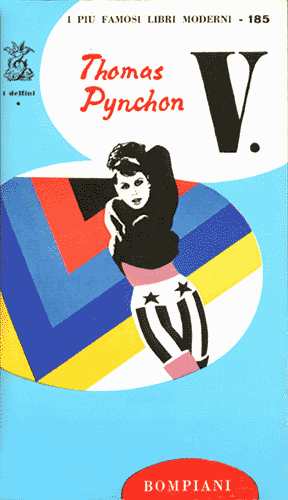
 Vanity Fair
Vanity Fair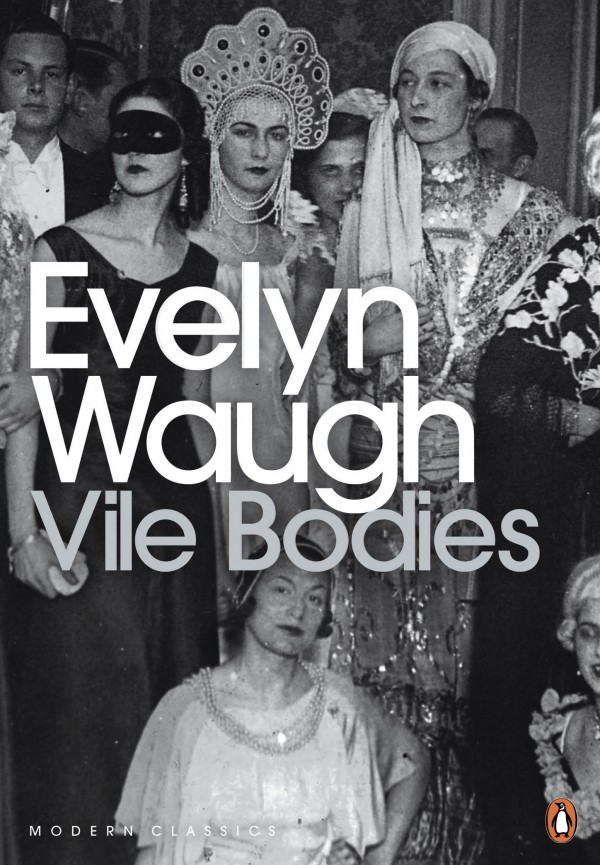 Vile Bodies
Vile Bodies